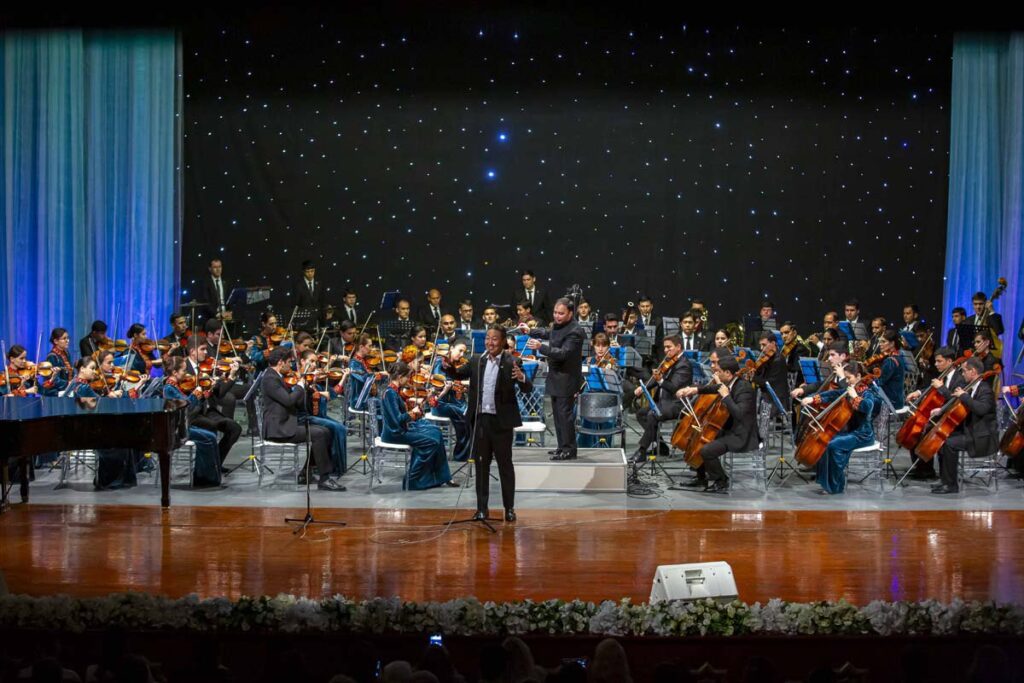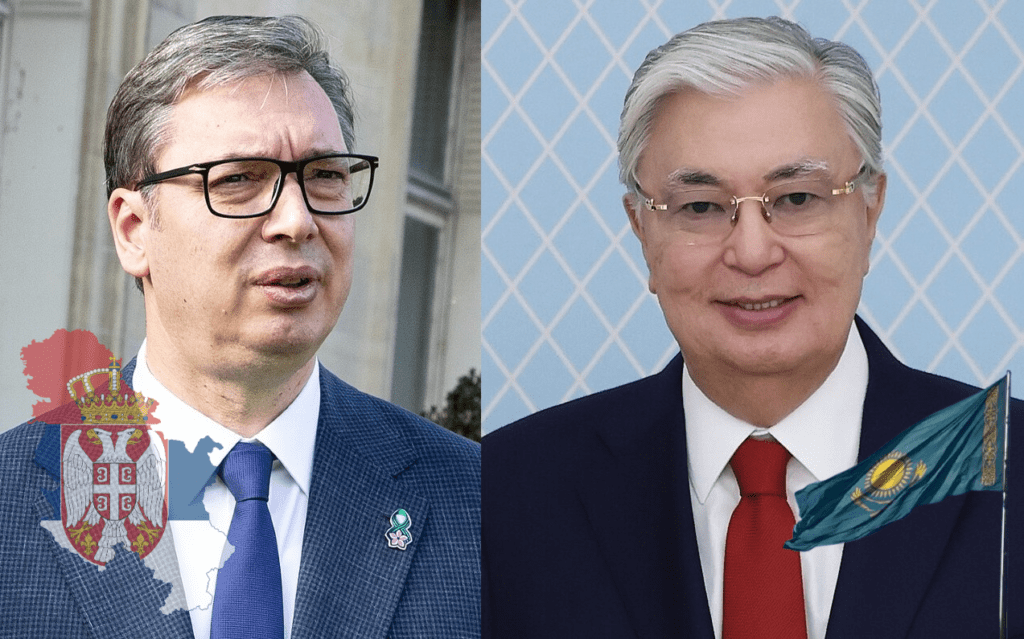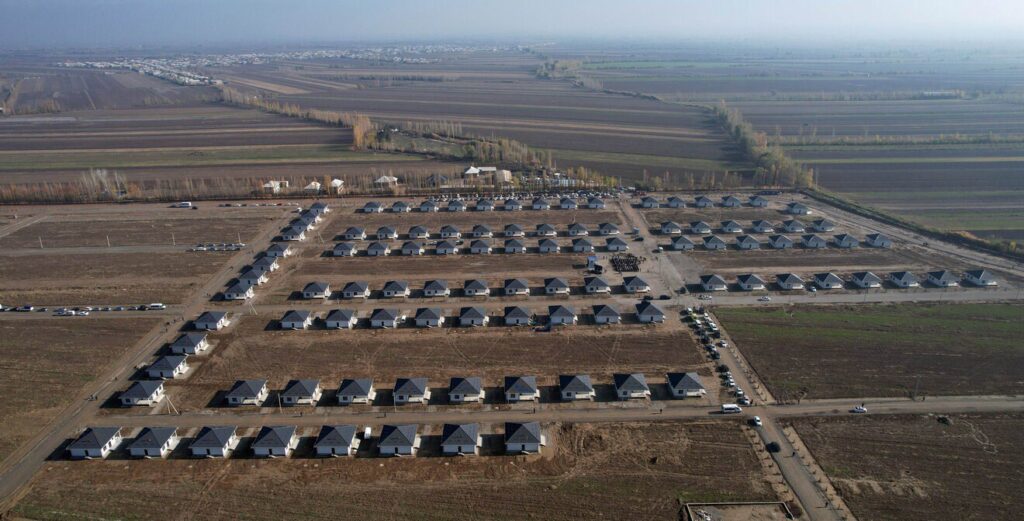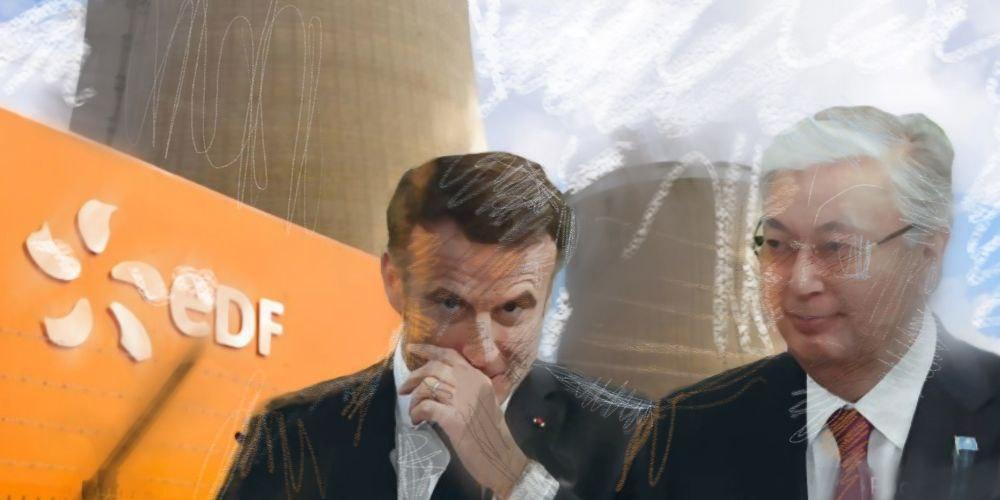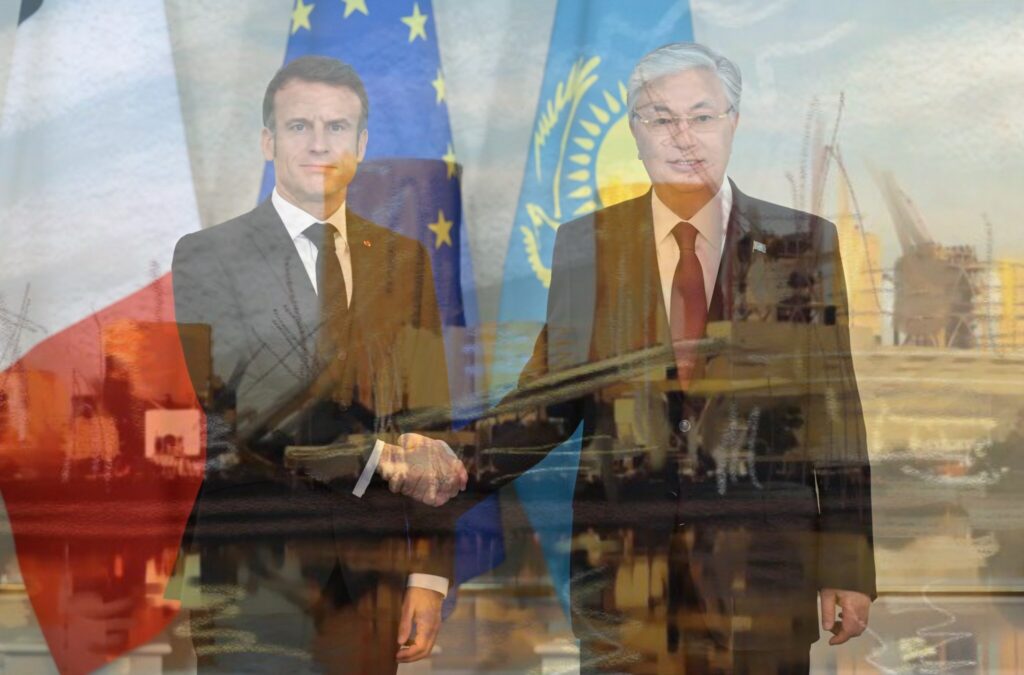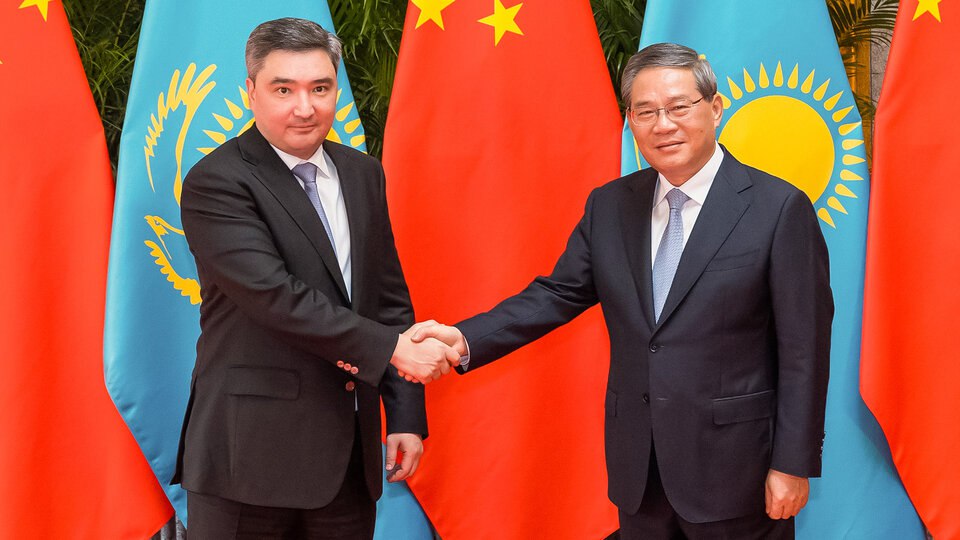Ashgabat Hosts Vibrant Days of Korean Culture, Showcasing Music, Art, and Tradition
On November 22 and 23, Ashgabat, the capital of Turkmenistan, became a hub of cultural exchange during the Days of Korean Culture, an event organized by the Embassy of the Republic of Korea. The festivities kicked off on November 22 at the Arkach Shopping and Entertainment Center, where visitors were treated to a lively introduction to Korean culture. Colorful photo zones displayed scenic Korean landscapes, while interactive stations allowed attendees to craft souvenirs such as traditional-style trinkets and mirrors. Korean snack tastings and live music enhanced the festive atmosphere, making it a family-friendly event that drew many visitors of all ages. The celebrations culminated on November 23 with a concert at the Makhtumkuli Music and Drama Theater of Turkmenistan. Korean artists, accompanied by the State Symphony Orchestra of Turkmenistan under the direction of Rasul Klychev, delivered a memorable performance. The program featured a blend of Korean lyrical compositions inspired by love and nature, alongside timeless pieces of world classical music. A standout moment of the evening was the performance by acclaimed Korean singers, tenor Kwon Hwapyeong and mezzo-soprano Kwon Miji, which earned a standing ovation from the audience. Kwon Hwapyeong, a graduate of the Vienna University of Music and Korea National University of the Arts, is celebrated internationally for his exceptional artistry. Mezzo-soprano Kwon Miji, a distinguished alumna of Gyeonggi-do University with further studies abroad, has similarly garnered acclaim for her remarkable vocal range and stage presence. The concert was a fitting finale to Ashgabat's fall cultural season, blending the traditions of Korean musical artistry with the creativity of Turkmen performers.
